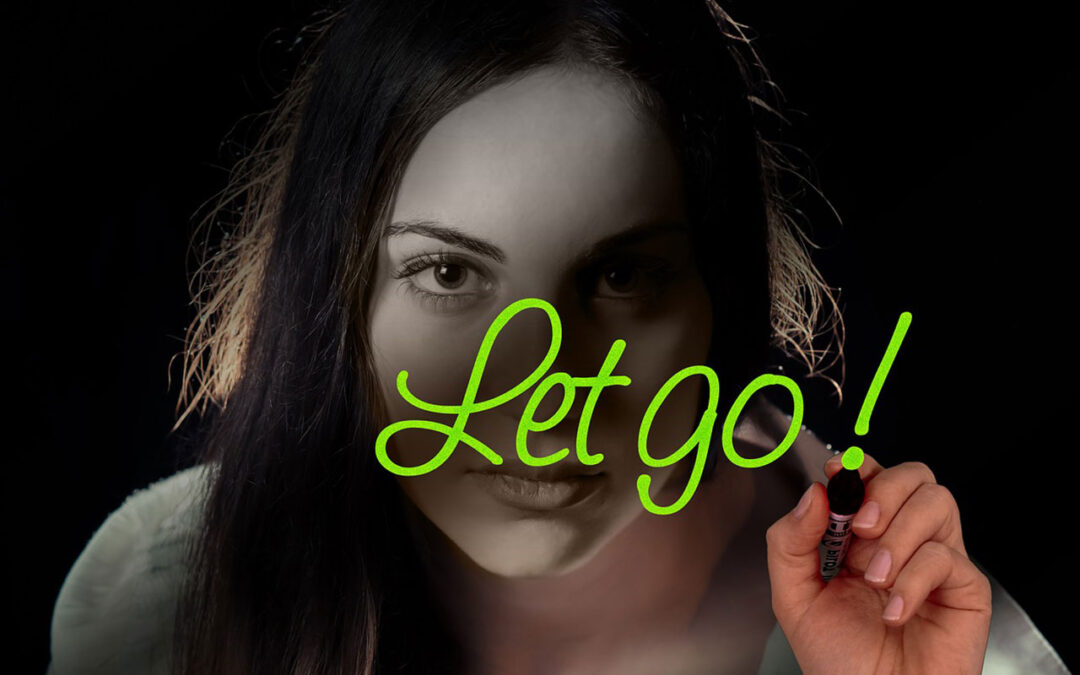To forgive someone is hard. It takes an enormous amount of strength to let hurt just roll off the shoulders and observe it with a neutral eye. Many might argue on the flip side that to hold onto that hurt would take even more strength over time.
The Act of Forgiveness
Let’s take a look at the act of forgiving with this pivotal moment in The Dance.
Jacky placed a pink carnation on her stone. She loved pink carnations. “I hope you can forgive me, too,” she said, then walked away down the path she had traveled so many times before that, on her way toward freedom.
In this passage, Jacky frees herself from a lifetime of regret, hurt and anger by offering forgiveness to the one person in the world she had trusted more than herself. The path to get to this point was long, winding and seemingly unforgiving in and of itself. But the pain of holding onto the hurt did nothing to lift her into a healthy space. She owed it to herself to forgive her wife. You see she understood that we forgive not to approve the bad actions of others, but to say to ourselves, you deserve the freedom to move forward from this hurt, so it’s time to let it go.
Letting Go
When we learn to let go, we are capable of bringing so much joy into our lives and the lives of those we love.
So, how does one get to this point of forgiveness when she’s been slashed by the actions of someone else? Where does one start when the anger is so deeply embedded in the heart?
There is a flow in life that protects us from the rigidity of imposed control. This flow is life affirming and capable of bringing out the hidden gems that reside in us all. We must be willing to let go to access it, though. In that tight policing of labor within a grip, we create a stop-loss of sorts that derails and confines us. The more sustainable choice is to choose to live in freedom, where we open the spigot to self-love and allow for its fluidity to embrace our hurt hearts. To live in peace requires a certain trust in the universe, one that gently reminds us that once we let go of bitterness, a balance within will be restored. This balance will allow for freedom to take over and create our lift out of the darkness and into renewed light. Embrace the whisper brushing softly up against the heart, the one reminding us that we let go not to appease opposition, but to restore flow and release ourselves from the burden of their captivity.
To forgive someone is not to condone
We forgive to free ourselves. Period.
Forgiving someone for their horrible actions doesn’t mean we are accepting them as okay. Absolutely not! They hurt us. In no universe is this acceptable. We are in no way justifying the wrong they’ve caused. That being said, we can forgive people without condoning the act.
We forgive to bring peace back into our lives. We are simply not making their problem ours anymore.
To forgive someone offers you many benefits
We owe it to ourselves and those we love to heal our broken, hurt hearts. Take a look at how powerful an impact forgiveness has on us:
- We enjoy healthier relationships
- Our minds and hearts are open to greater well-being
- We are not bogged down by extreme amounts of anxiety, stress and anger
- Our blood can pump through our veins as it should, with even keel blood pressure
- We experience greater joy, relieved of depressing triggers
- Our immune system can work at peak capacity
- Our hearts are healthier
- We have a greater outlook on life, therefore offering us a higher self-esteem
- Bring happiness to new relationships and experiences
- More able to enjoy the present moment
- Embrace a life full of purposes, defined on your terms
- Connect richly with others
How to Forgive someone
- Be patient with yourself and realize that forgiveness is a process that takes time. Some can let go in a matter of minutes, others may take years. It must come from within and on your time for it to be genuine and offer you the freedom you deserve.
- When you’re ready, and this is critical and something only you will be able to gauge, make a conscientious decision to forgive the person who’s offended you
- Think of yourself as having full control over yourself as opposed to viewing yourself as a victim, controlled by the actions of others.
- Journal to yourself, releasing your fears, anger, and resentments in the words you choose to write.
- Indulge in guided meditations that help you relax and view the hurt through a lens that serves you not the offender. This will reduce your stress and cause the anger to dissipate.
- Make a gratitude list of everything that is good in your life. Continue this process to remind yourself often of the gifts you do have so you can take the focus off what you don’t.
- Keep in mind that, just like no one should have control over our feelings and actions, so too we do not have control over someone else’s. We can’t change a person. We are not forgiving her in the hopes of changing her. We are forgiving her to change ourselves, so we can enjoy a life full of promise, love, healing, and happiness.
- We forgive to take the power back from someone who has no right in controlling it for us.
If You Can’t Forgive Someone
Be gentle with yourself as you contemplate forgiveness. Some people cannot forgive. And that is okay, and doesn’t make you a weak person in any way. There are times when just knowing the decision is yours, and yours alone, offers a huge relief and actually creates a power that serves you well.
The important and empowering takeaway is that forgiveness is your choice. When you make something your choice, the power is back in your favor. You are no longer a victim. You can decide not to forgive, but not to be bitter. When we learn to drop the bitterness, we open ourselves up to moving on with a lighter heart and a sense of empowerment that will serve us well.


